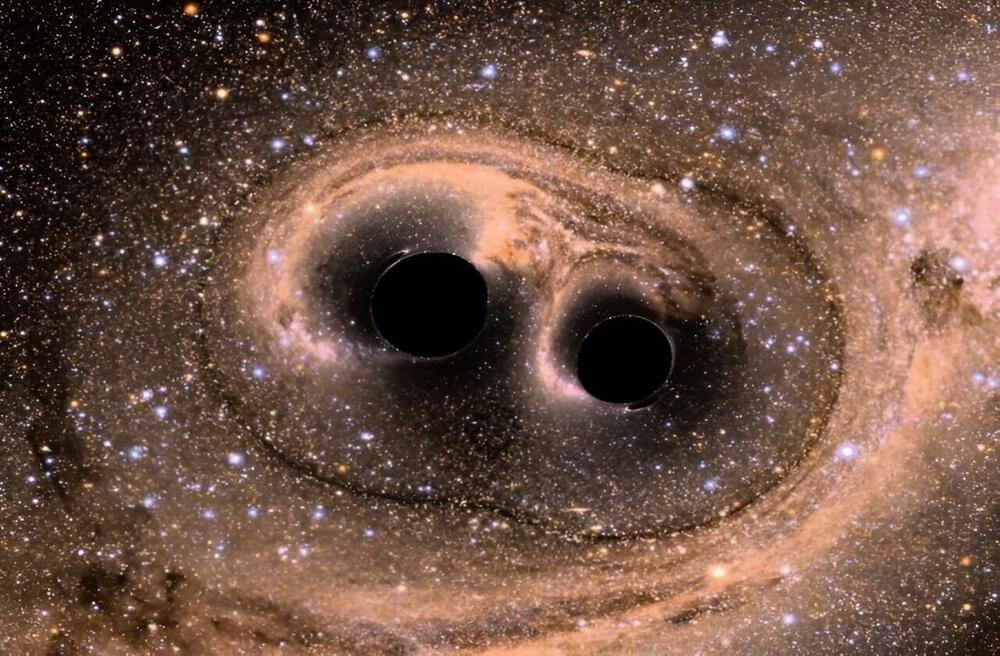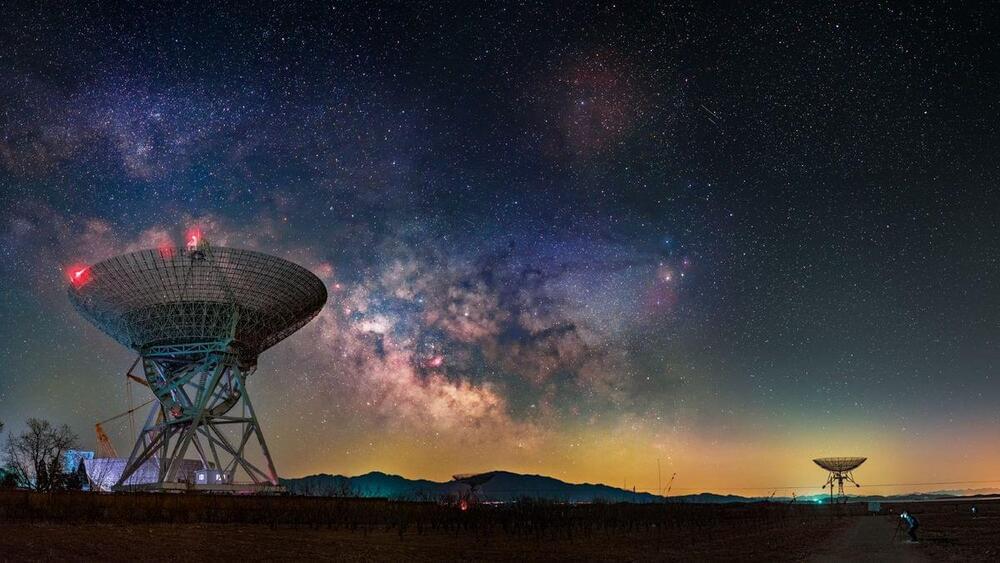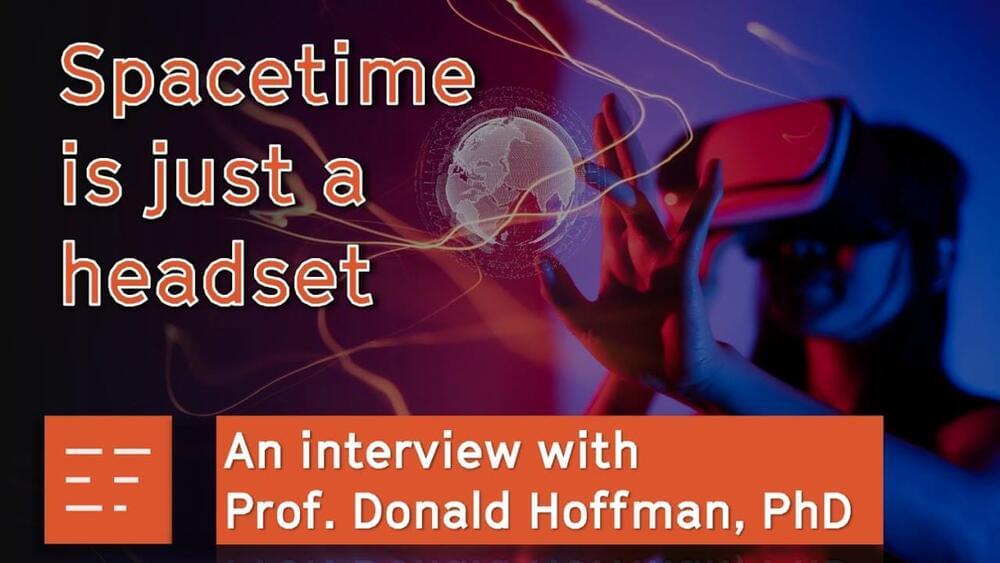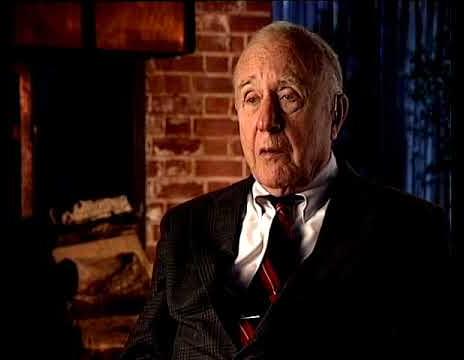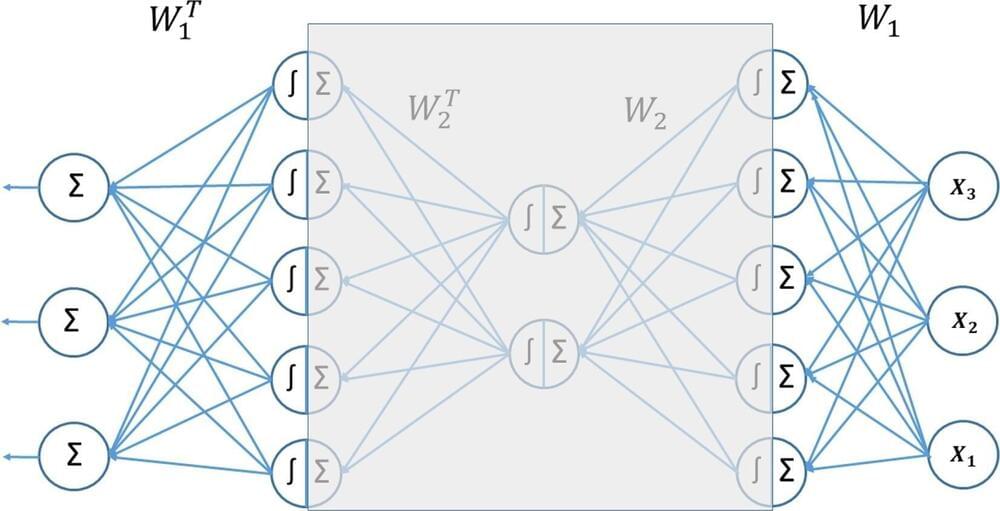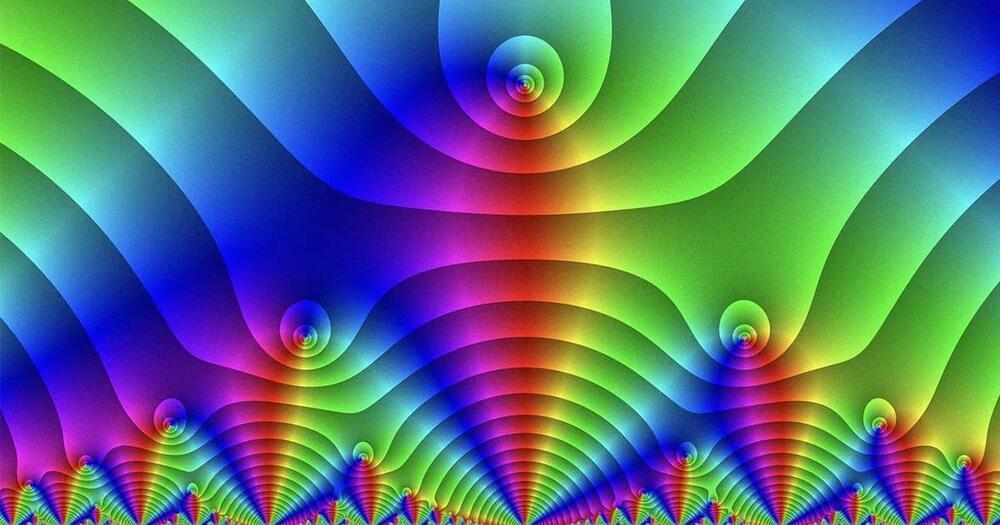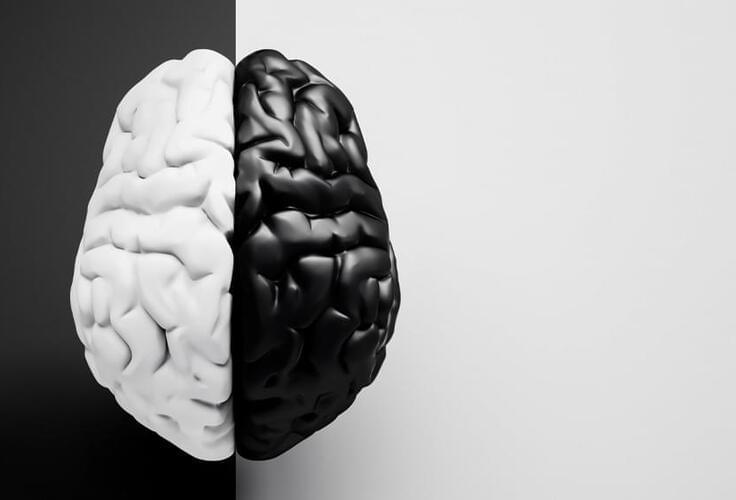The new book Minding the Brain from Discovery Institute Press is an anthology of 25 renowned philosophers, scientists, and mathematicians who seek to address that question. Materialism shouldn’t be the only option for how we think about ourselves or the universe at large. Contributor Angus Menuge, a philosopher from Concordia University Wisconsin, writes.
Neuroscience in particular has implicitly dualist commitments, because the correlation of brain states with mental states would be a waste of time if we did not have independent evidence that these mental states existed. It would make no sense, for example, to investigate the neural correlates of pain if we did not have independent evidence of the existence of pain from the subjective experience of what it is like to be in pain. This evidence, though, is not scientific evidence: it depends on introspection (the self becomes aware of its own thoughts and experiences), which again assumes the existence of mental subjects. Further, Richard Swinburne has argued that scientific attempts to show that mental states are epiphenomenal are self-refuting, since they require that mental states reliably cause our reports of being in those states. The idea, therefore, that science has somehow shown the irrelevance of the mind to explaining behavior is seriously confused.
The AI optimists can’t get away from the problem of consciousness. Nor can they ignore the unique capacity of human beings to reflect back on themselves and ask questions that are peripheral to their survival needs. Functions like that can’t be defined algorithmically or by a materialistic conception of the human person. To counter the idea that computers can be conscious, we must cultivate an understanding of what it means to be human. Then maybe all the technology humans create will find a more modest, realistic place in our lives.

